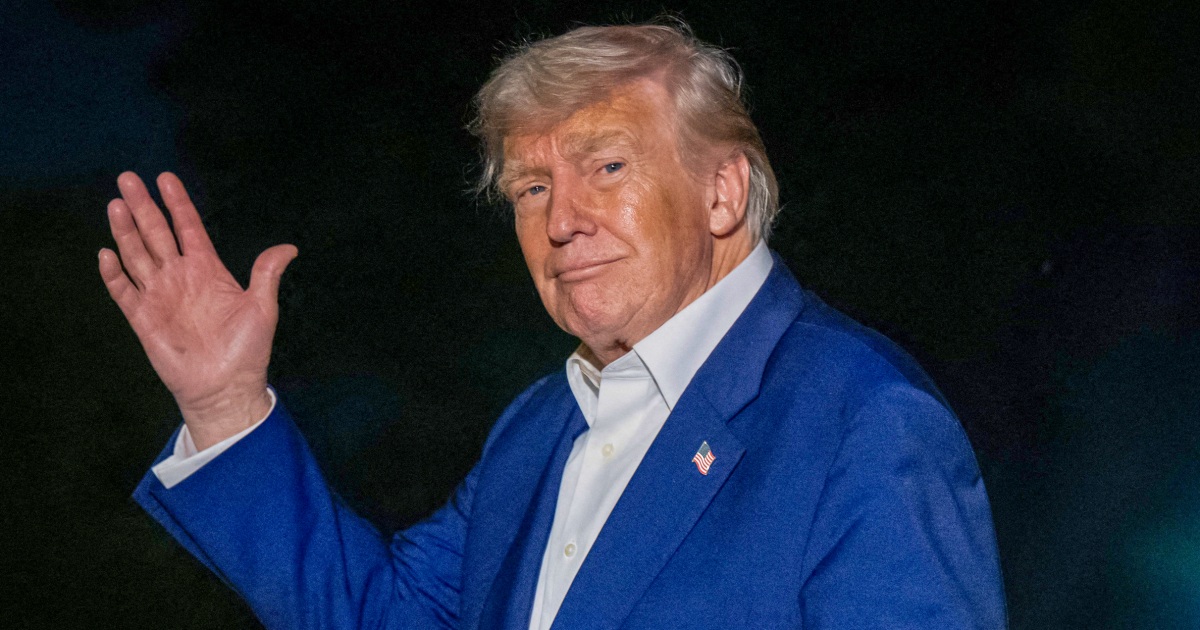RFK Jr. Accuses Senator Murray of 'Decades of Destruction' to US Health in Heated Hearing

In a fiery exchange during a recent hearing, Robert F. Kennedy Jr., nominee for Secretary of Health and Human Services, launched a scathing critique of Washington Democrat Senator Patty Murray. Kennedy Jr. alleged that Senator Murray has overseen a period of “decades of destruction” concerning the health and wellbeing of Americans throughout her long tenure in the Senate.
The hearing, which focused on Kennedy Jr.'s qualifications and policy stances, quickly escalated as he directly addressed Senator Murray's record. He argued that her policy decisions and legislative actions have contributed significantly to a decline in public health, citing specific examples which he is expected to detail further in upcoming statements. While specific details of the alleged 'destruction' remain to be fully elaborated, Kennedy Jr.'s forceful language and direct accusation have ignited considerable debate and scrutiny.
Senator Murray, a veteran lawmaker known for her advocacy of women's health issues and access to healthcare, has yet to formally respond to Kennedy Jr.'s allegations. Her office released a brief statement acknowledging the hearing and stating that she looks forward to “further discussion on healthcare policy.” However, the implication of Kennedy Jr.’s accusations is clear: he believes Senator Murray's policies have had a demonstrably negative impact on the nation's health.
This confrontation highlights a growing divide within the Democratic party regarding healthcare policy and the direction of public health initiatives. Kennedy Jr., known for his controversial views on vaccines and other health-related topics, is challenging established norms and sparking intense debate. His appointment as Secretary of Health and Human Services has already been met with resistance from some within the party, and this latest accusation is certain to further complicate the confirmation process.
Political analysts suggest that Kennedy Jr.'s aggressive approach is a calculated strategy to draw attention to his concerns and rally support from those who share his skepticism of mainstream medical practices. However, it also risks alienating more moderate Democrats and potentially undermining his ability to effectively lead the Department of Health and Human Services. The coming weeks are expected to see an intense focus on both Kennedy Jr.'s specific claims and Senator Murray’s response, as the nation grapples with the implications of this contentious exchange.
The hearing underscored the importance of healthcare policy in the upcoming political landscape, and the accusations leveled by Kennedy Jr. will undoubtedly shape the debate for months to come. It remains to be seen whether Kennedy Jr. can substantiate his claims and whether Senator Murray will offer a detailed rebuttal. For now, the air is thick with controversy, and the future of US health policy hangs in the balance.






